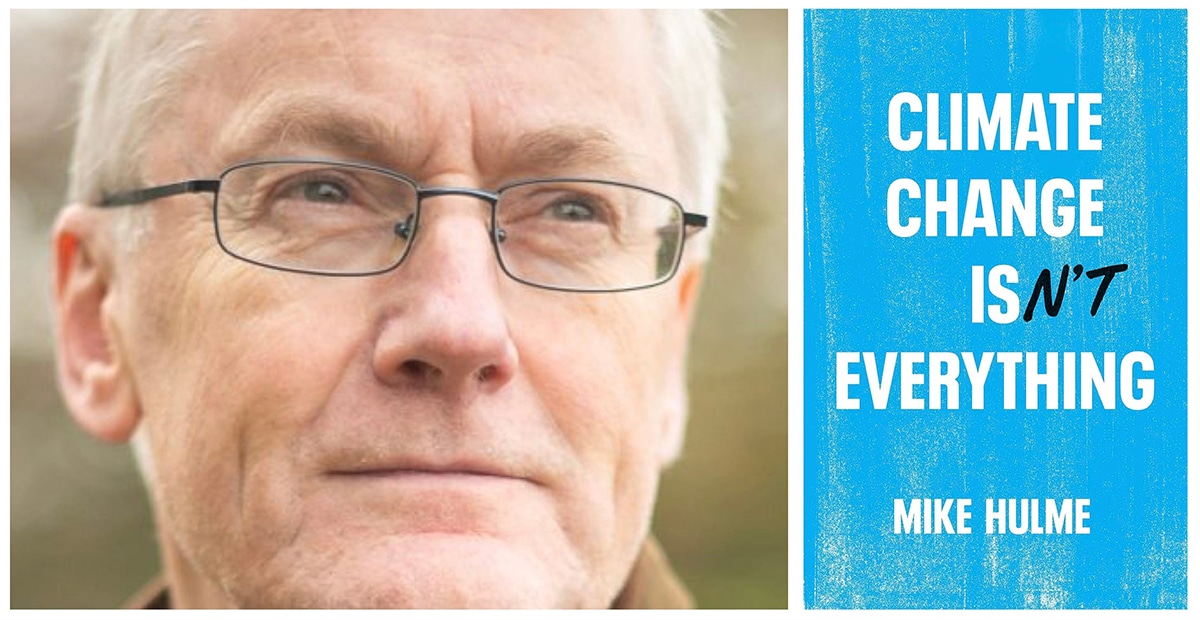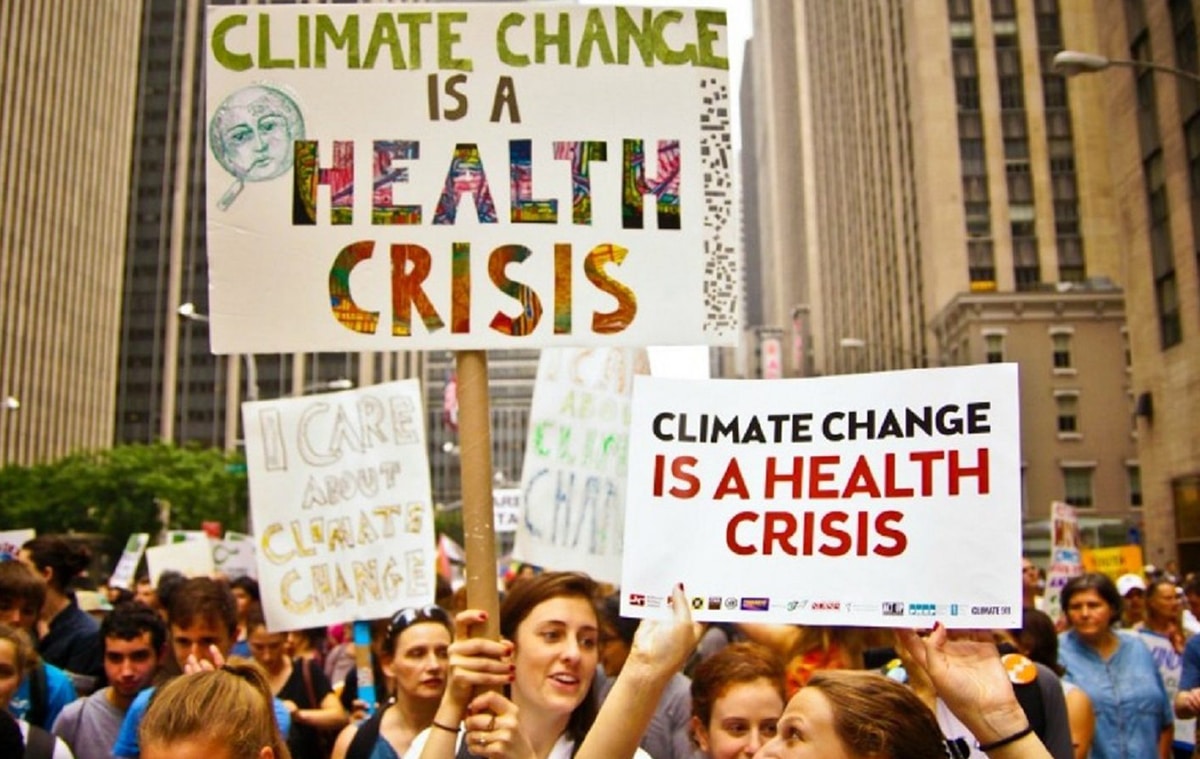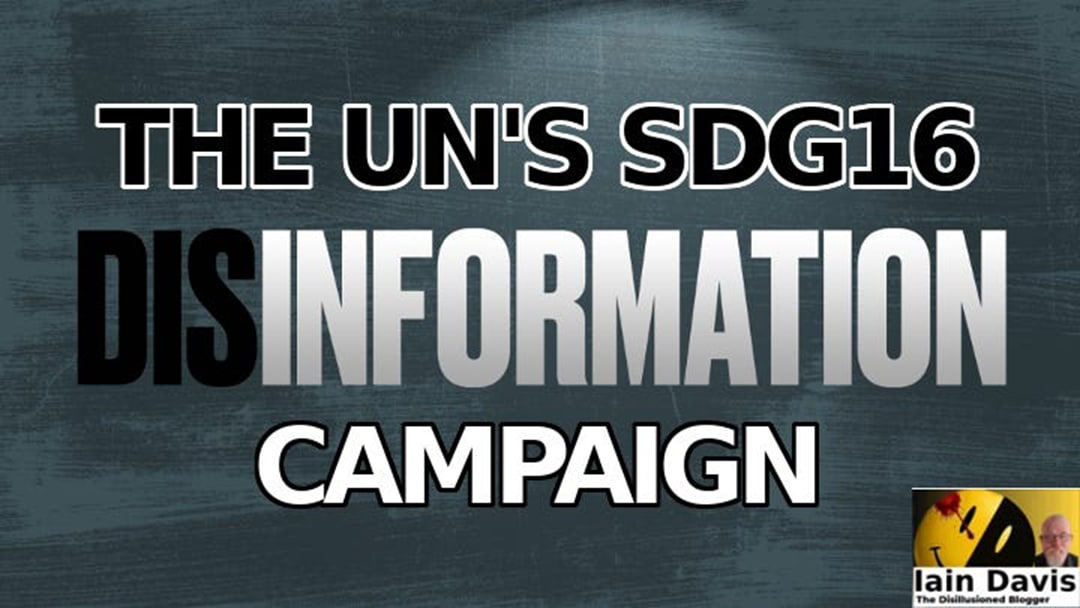
Cambridge University Climate Scientist Denounces “Climate Emergency” As “Noble Lie”
by Phoebe Smith | Feb 25, 2024
Politicians and activists alike have warned of a looming climate catastrophe for decades. “Biden urged to declare climate change a national emergency,” reported NBC last year. “Climate Changes Threatens Every Facet of U.S. Society, Federal Report Warns,” announced Scientific American.
Cambridge University climate scientist Mike Hulme disagrees. “Declaring a climate emergency has a chilling effect on politics,” he tells Public. “It suggests there isn’t time for normal, necessary democratic process.”
Climate activists may dismiss Hulme as a “climate denier,” but he agrees the planet is warming due to human activities and specifically says we should prepare for more heat waves.
Moreover, Hulme’s credentials are undeniably impressive. He is a Professor at the University of Cambridge and founding Director of the Tyndall Centre for Climate Change Research. Hulme has advised everyone from the United Nations to the UK Government and earned a personalized certificate from the Nobel Peace Prize committee for his work with the UN’s Intergovernmental Panel on Climate Change (IPCC).
Now, in his new book, Climate Change Isn’t Everything, Hulme strongly denounces “climatism,” which he describes as the “unyielding belief that stopping climate change is the pre-eminent yardstick against which all policies must be measured.”
In a podcast I recorded with him on November 29, 2023, Hulme said, “There are very sophisticated computationally powerful epistemically authoritative models about how the earth system will evolve,” but that these models ignore other changes in the environment, including “change in medical technology, military conflict between nations, pandemics, the rise of artificial intelligence and new developments in nanotechnology and materials science.”
Since more qualitative, unknown features are impossible to account for in reality, Hulme explains the empirical authority of these computational models tends to drown out research, creating climate reductionism.
But as “climate is the Siren getting louder and louder,” climatism has created a culture of radical environmental concern to the detriment of democratic debate and scientific inquiry. “If one is living in an emergency, one has to act now, meaning there is no time,” Hulme tells Public.
While reductionist empirical models may attract policymakers and activists when setting climate goals, Hulme explains how this leads to dangerous politics. “It, perversely, can very quickly lead to undermining some of the very specific goals of human wellbeing that led us to be concerned about climate change in the first place.”
Hulme says alarmism primarily exists to “galvanize action,” which is why “all that matters is this policy reduced the emergency threat that we’ve been told we are now facing. So there’s a sort of this iterative reinforcing effect between reductionism, climatism, alarmism, and climate emergency.”
Reductionist models undermine well-being in several ways.
First, Hulme explains the increasing popularity of “loss and damage,” which is “the idea that actually there should be a global finance fund to move resources from northern nations to nations that are most exposed to the effects of climate change” and how scientists often rely on the ability “to disentangle the extent to which particular weather extremes can be traced back to human influence or not.”
Weather attribution science is only 15 years old, which also makes the field vulnerable to error. Since climate reductionism often misattributes the origins of extreme weather events, climatism can be concerning as Hulme describes an increasing number of climate litigation cases in several legal jurisdictions warning of “unfair financial compensation through loss and damage mechanism.”
Second, climatism also perpetuates an unnecessary culture of alarmism that affects policy, and Hulme explains that the notion of a “climate emergency” did not exist before 2016. “Within a three-year period, we’ve moved from not being in a climate emergency to being in a climate emergency,” which has chilled debate and rational policymaking.
Finally, scientific inquiry and legitimate climate research is further stifled by the belief that activists and politicians have the duty “to be deceitful in the name of a higher and more noble cause.”Under this paradigm, Hulme describes how Climatism also distorts the scientific research itself, as the ideology asserts that “climate change is the number one extension existential risk.
“Climatism offers with one swing of the sword all of the mess and complexity and offers a one-dimensional answer to the problems of a complex world,” Hulme explains, warning against one-dimensional, causal answers and solutions. “We want an answer. But I think we need to resist that instinct.”
“Even if we agree that the phenomenon of human-induced climate change is real, what we think is a solution to that will vary radically,” Hulme ultimately argues. There is no chance for constructive politics around climate change without understanding what is driving the variance in our position on climate. Climate alarmism only threatens an already complex international debate on climate change, impeding free speech and critical discourse by arbitrarily declaring an “emergency.”






0 Comments